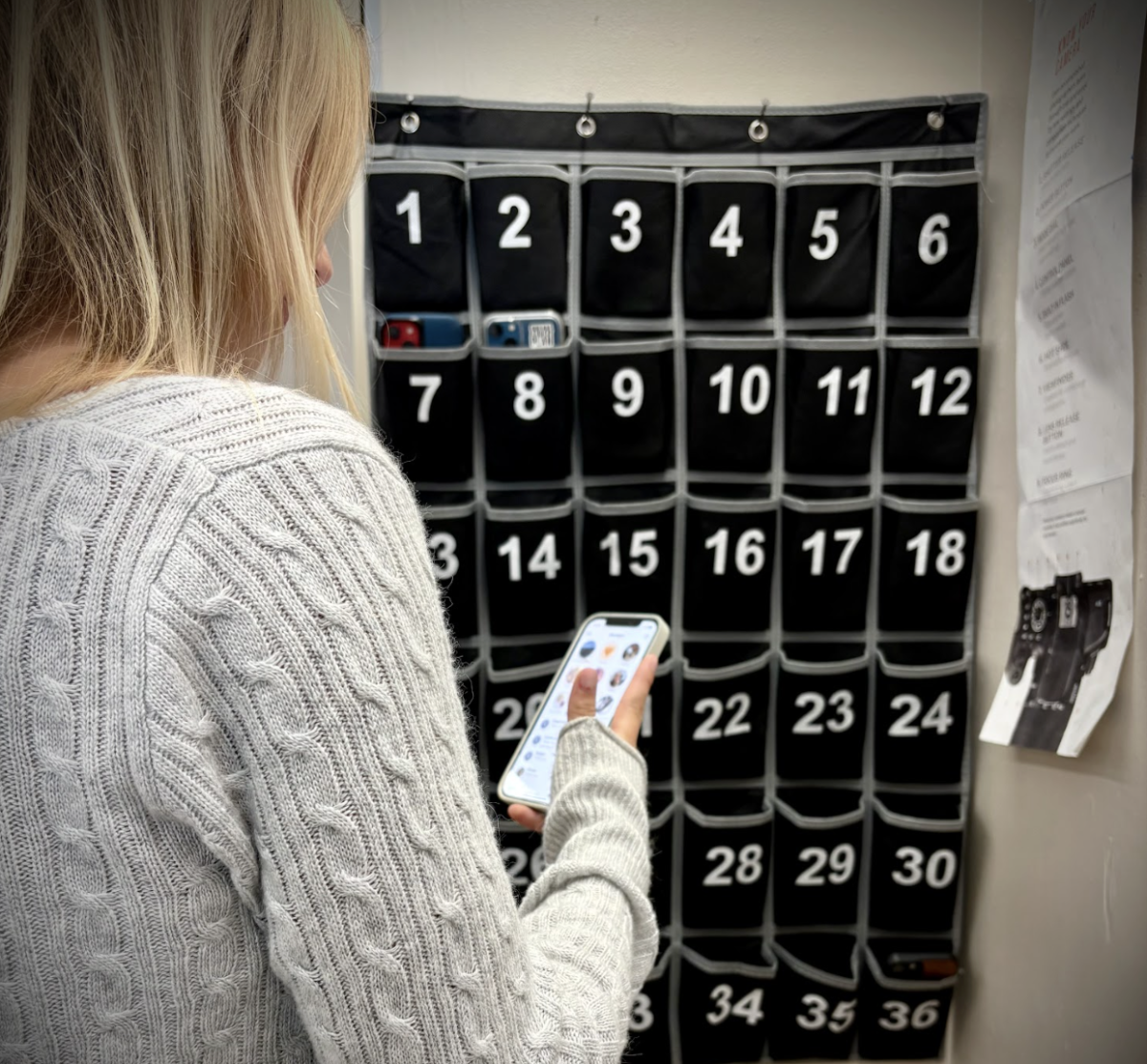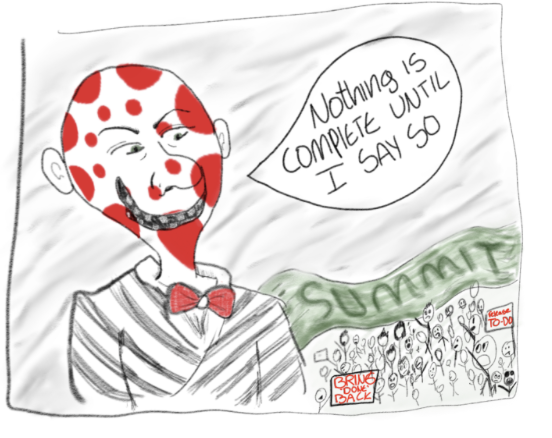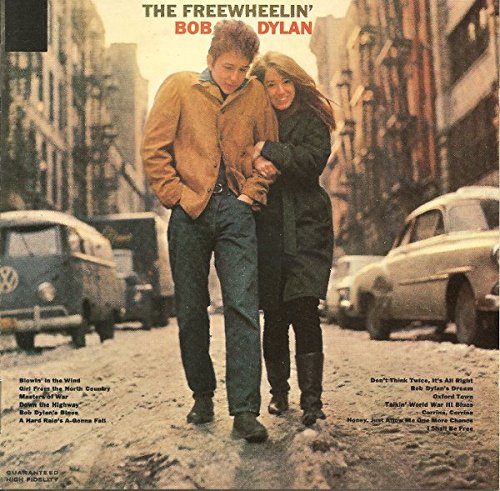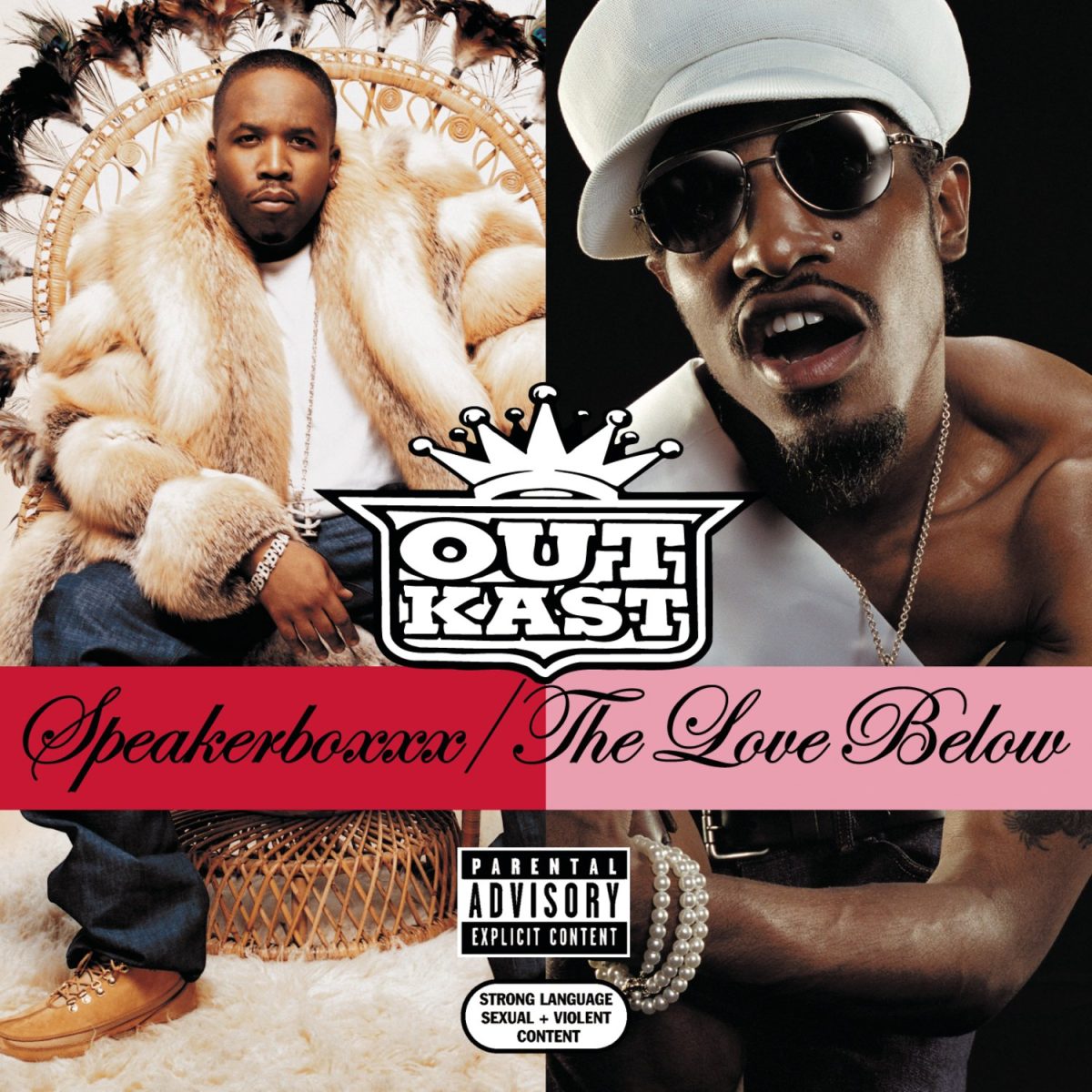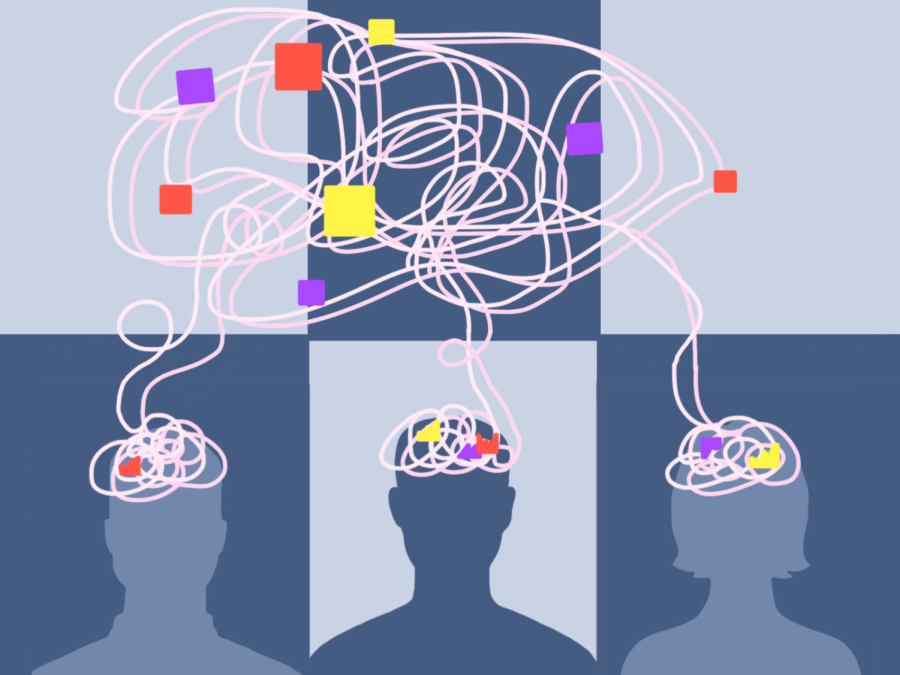Identity via Media: Addressing The Internet’s Influence on A Generation’s Self-Perception
While the teenage years have always been spent grappling for identity, the rapid growth of social media use is pulling the rug out from under already precarious teens, and educators are struggling to help navigate.
Instagram, Snapchat and TikTok all provide platforms where teenagers get to control how they present and are perceived.
However, as such an essential to teen life, social media is bound to become further kindling for already existing identity issues.
“I think that it’s hard for teens to develop an identity just in general,” said Emily Tompkins, the AP Psych teacher at Summit. “This is a really formative time to figure out who you are.”
Adolescence is, by design, a time for mistakes. A time for discourse, for change and for growth.
But as social media makes past versions of ourselves so readily accessible, this also instills the fear of being so completely preserved online.
“I sometimes worry that old comments will be found, for whatever reason,” said Archie Kerr, a junior at Summit. “I don’t regret any comments that I remember, most are probably just embarrassing.”
Online, mistakes and experimentation become overtly public aspects of teenage life. Archives and screenshots create a difficult environment for teens to experiment freely and remake themselves, to move on from the people they maybe were several days, months or years before.
“Knowing who you are really helps you make decisions and understand why you’re doing something, the reasons for it and the purpose, and I think that because of social media, we’re getting away from that,” said Jill Waskom, Summit’s mindfulness teacher.
Social media creates pressure for teens to commit and contribute to a digital identity, performing for an audience of mutual friends, internet strangers and, mostly, themselves.
“I do my makeup and dress a certain way,” said Gabriella Pardini, a sophomore at Summit.
Teenagers are removed from who they really are to curate this online perception of themselves, influenced by the manicured versions of the people that they’re surrounded by online and trapped in a loop of digital validation.
“Inevitably, everyone who uses social media compares themselves to people,” Kerr said.
“We’re social creatures, so we want to see what other people are doing and we want to fit in,” Tompkins said. “And I think that’s natural, regardless if we have social media, but social media just amplifies it and turns up the comparison factor. It can be this constant comparison between you and everyone else’s ideal self, and I think there’s a lot to harm self-esteem and identity.”
Alyssa Doan, a Summit counselor, describes social media as an “agent” for a lot of the problems students come in for.
“I think that I’m worried about it,” Doan said. “There are definitely ways we could find a more healthy relationship with social media, but the way that it feels, not a lot of adults really know what’s going on with it.”
Despite having become so familiar to teenagers, social media is still completely alien, and finding solutions to the identity issues that it’s become responsible for is especially difficult.
“I think that can only get worse if we don’t have meaningful conversations to come up with solutions, ideas and programs to help,” Doan said.
Waskom is currently working to integrate lessons into Summit’s wellness curriculum that will enable healthy relationships with social media.
“I’ve had multiple people, and they’ve been teenagers themselves, say that we as health teachers should have some lessons that focus on social media and how it affects our thoughts about ourselves, how it affects our brain and how it affects the world we’re in right now,” Waskom said.
However, teen willingness is a matter of mindset.
“While it might have its benefits, I doubt that Summit students would listen in any real capacity,” Kerr said. “Summit students are zealously stubborn and usually believe they’re right. If an adult starts challenging their use of social media apps that have integrated themselves into their lives, it’ll do nothing but spark an argument.”
With a growing digital age, this argument will eventually be necessary, as there can be no clear cut solution to the implications of social media’s impact on teenage identities where there is failure to address said issue.



